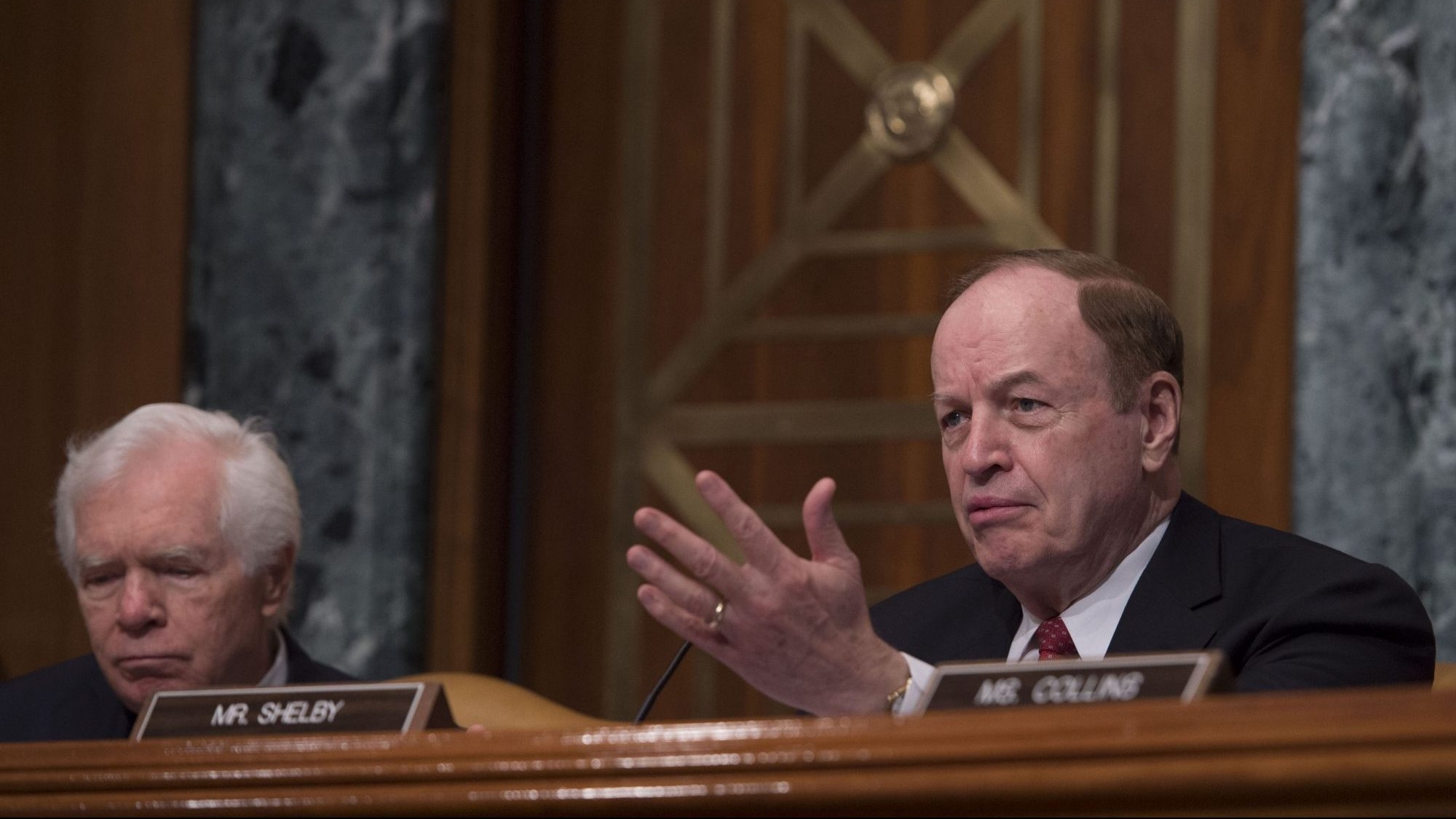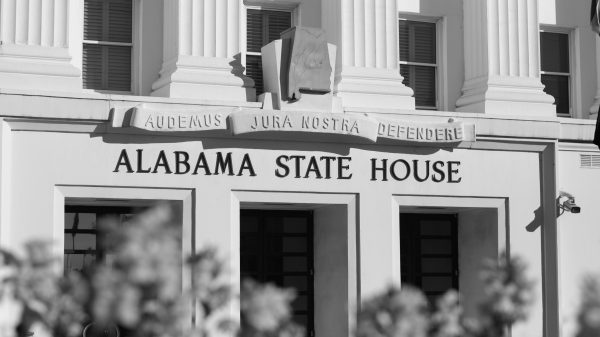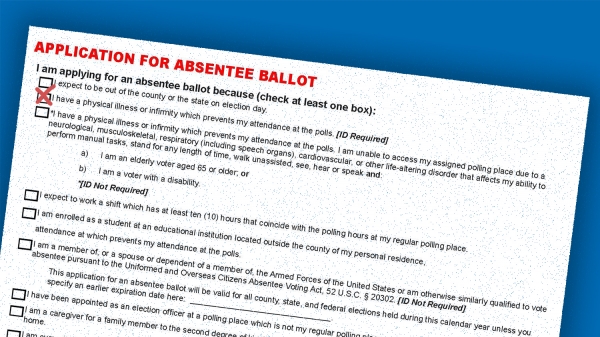Friday the Senate voted to reject a motion to hear witnesses in the impeachment trial of President Donald J. Trump (R). U.S. Senator Richard Shelby, R-Alabama, voted to oppose additional evidence in the impeachment proceedings.
“Throughout the impeachment proceedings in the Senate, I have carefully listened as a juror to arguments from both the House managers and the President’s counsel in an effort to fairly evaluate whether or not the President’s actions meet the Constitution’s high bar for an impeachable offense,” Shelby said. “It is evident to me that his actions are not worthy of removal from office, and I do not believe additional evidence would prove otherwise. The President’s actions, as presented by the House in the two articles, do not constitute an impeachable offense.”
“The framers of our Constitution were cautious to ensure that the impeachment and conviction of a sitting President would not be of partisan intent,” Shelby explained. “The Senate holds the power to remove a duly elected President from office for actions that rise to the level of being a high crime or misdemeanor, not for conduct that some deem inappropriate.”
Following nearly two weeks of impeachment proceedings in the Senate, the motion to subpoena additional witnesses failed in the Senate by a vote of 49 to 51. Senator Doug Jones, D-Alabama, and all the 47 Democrats voted for the motion to call witnesses. Two Republican Senators, Susan Collins (Maine) and Mitt Romney (Utah) voted with the Democrats. Senate Minority Leader Chuck Schumer, D-New York, introduced a motion to call just former National Security Advisor John Bolton. That motion was also was rejected by the Senate as was a motion to give Supreme Court Chief Justice John Roberts the power to call witnesses.
Republicans argue that the House interviewed 18 witnesses and considered 29,000 documents which have been entered into evidence and the Senate Republican majority has voted to refuse to allow Democratic House managers to call new witnesses.
Schumer told reporters that the Senate trial without witness was a “sham.”
“I forced a third vote to subpoena John Bolton, providing one day for a deposition presided over by the Chief Justice, and one day for live Senate testimony—both of which must have occurred within 5 days. But Senate Republicans voted for a cover-up and a sham trial.”
As of press time it appeared that the Senate trial will resume on Monday. Closing arguments will be on Monday. Tuesday, Senators will be allowed to make their opinions known on the record. The Senate is expected to vote to acquit President Trump on Wednesday. The President will address a joint session of Congress on Tuesday for the annual State of the Union speech.
Trump is the third President to be impeached. While impeachment requires just a simple majority in the House of Representatives, the Constitution requires that two thirds of the Senate vote to convict. The Republicans have a 53 to 47 majority in the Senate. It takes 67 Senators to vote to convict to find a President guilty. All the Democrats and twenty Republicans would have to vote to convict to find Trump guilty. No President has ever been found guilty of anything by the Senate in the history of the United States.





















































